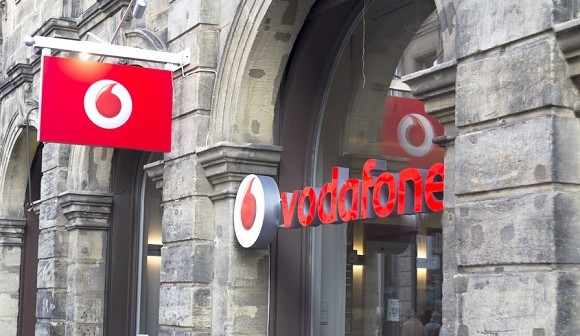The new emerging consensus on important issues marks a tectonic shift in India’s otherwise fractious political discourse, writes India Inc. CEO Manoj Ladwa.
Now, with the excitement, din and shrill rhetoric of electioneering in five crucial Indian states is over, India’s collective mind thankfully should start getting back to business. I want to flag two important events
over the last week to buttress my point. The first indicates that Indian politicians are ready to rise above partisan concerns to do the right thing for the country. And the second sends out an important signal that foreign investors are hungry to hunker down and grind it out for the long haul in India.
Last Monday, Prime Minister Narendra Modi’s Cabinet cleared four crucial legislations – the Central GST Bill, the Integrated GST Bill, the Union Territory GST Bill and the GST (Compensation to the States) Bill – related to the Goods and Service Tax (GST), which will now be placed before Parliament and the state assemblies for passage into law, followed by the rollout of GST from July 1 this year.
This will be the culmination of more than a decade-long effort that had got caught in political wrangling. The consensus that finally emerged is as much a feather in the cap of Finance Minister Arun Jaitley and a tribute to his ability to carry the entire political spectrum with him as it is to the political self-realisation of political leaders from Opposition parties such as Sonia and Rahul Gandhi, who are otherwise engaged in a no-holds-barred political slugfest with the BJP.
GST will subsume a welter of central and state levies that effectively splinter India’s 29 states and seven Union Territories into discrete individual markets and instead stitch all of India into one common marketplace. This will cut transaction costs, eliminate many logistics bottlenecks and reduce corruption across India and improve the ease of doing business.
“India’s indirect taxation regime, which is currently the most complex in the world, will transform into a one of the simplest with the implementation of GST,” Jaitley has said.
![]() The icing on the cake: studies have projected a 1.5-2.0 per cent increase in the GDP growth rate over a two to three year period following the introduction of GST.
The icing on the cake: studies have projected a 1.5-2.0 per cent increase in the GDP growth rate over a two to three year period following the introduction of GST.
I find it all the more encouraging because the GST legislations were finalised even as the BJP and some of the Opposition parties were in the middle of a fractious electoral battle. Hopefully, this can become the template for future cooperation between the BJP and the Opposition on important economic legislations. This would be a tectonic shift in India’s otherwise fractious, and sometimes childish, political discourse.
Then, in a clear signal of the importance it attaches to the Indian market, UK based telecom giant Vodafone, which runs India’s second-largest mobile telephony and internet broadband company, announced a $23-billion merger of its Indian operations with Idea, India’s third largest telecoms operator in order to take on the new 800 pound gorilla in the room – billionaire Mukesh Ambani’s Reliance Jio, which has set the cat among the pigeons by announcing free voice calls for all its subscribers. The combined company will be India’s largest telecom player with 406 million subscribers.
Vodafone Group Pls CEO Vittorio Colao has declared that India remains one of his most important markets and that Vodafone will do all that is necessary to consolidate its position in the country.
In a world wracked by slowdown and protectionism, I consider this statement from the chief of one of the world’s largest companies to be a massive endorsement of Prime Minister Narendra Modi’s efforts to integrate India into the global economy and take it to a faster growth trajectory.
Taken together, the reforms push and the vote of confidence from a major global investor augurs well for India’s future.







